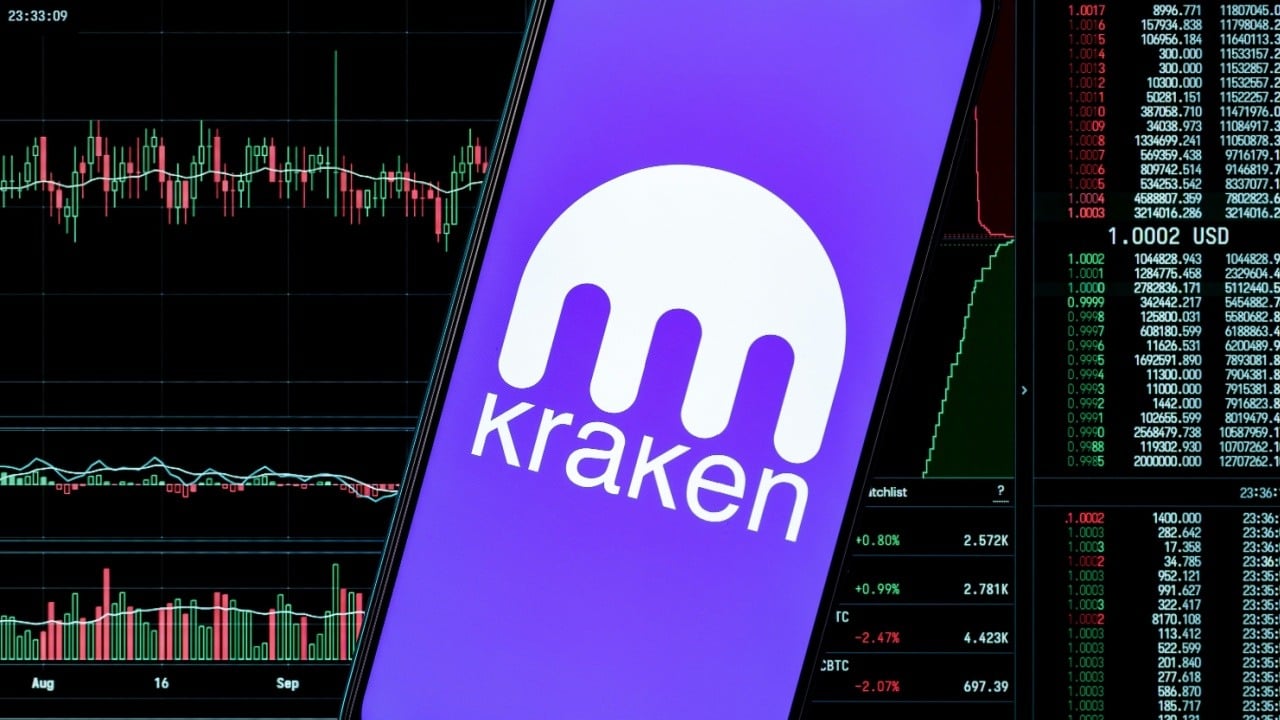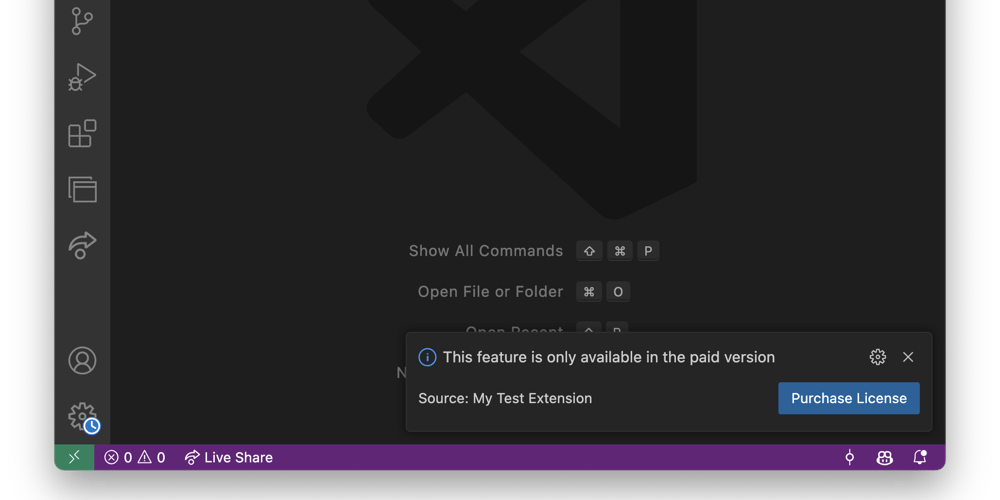Open-Source Software: Opportunities for Engineers to Contribute and Learn.
Open-source software plays a crucial role in the modern technology landscape. It provides engineers with opportunities to collaborate, develop skills, and create innovative solutions. By contributing to open-source projects, engineers gain hands-on experience, expand their networks, and enhance their problem-solving abilities. Many organizations rely on open-source software for critical infrastructure. Engineers who engage in these projects learn industry best practices, improve their coding abilities, and work with diverse teams. Experienced software engineering professionals like Abhishek Desikan mention that open-source contributions often lead to job opportunities and professional growth. Participating in open-source communities fosters innovation. Engineers can experiment with new technologies, contribute to meaningful projects, and refine their technical expertise. Whether improving existing software or developing new tools, open-source engagement accelerates learning and career advancement. Gaining Practical Experience Open-source projects offer real-world experience for engineers at all skill levels. Contributing to these projects allows individuals to apply their knowledge in practical scenarios. Unlike theoretical exercises, open-source work provides hands-on exposure to real software challenges. Collaborating on open-source initiatives enhances technical proficiency as noted by software engineering professionals such as Abhishek Desikan. Engineers learn about version control, coding standards, and software documentation. Engaging with a project’s codebase develops problem-solving skills and deepens understanding of complex systems. Working on open-source projects builds confidence. Engineers tackle real issues, receive feedback from experienced contributors, and refine their coding practices. This iterative process strengthens both technical abilities and professional communication skills. Expanding Professional Networks Open-source communities bring together engineers from around the world. Participating in these communities allows engineers to connect with industry professionals, gain mentorship, and establish valuable relationships. Networking in open-source circles often leads to new career opportunities. Engaging in discussions and code reviews fosters collaboration. Engineers exchange knowledge, share ideas, and learn from experts in their field. Experienced software engineers including Abhishek Desikan convey that building relationships with seasoned developers provides insights into industry trends and best practices. Many companies actively recruit engineers with open-source contributions. A strong presence in open-source projects increases visibility and demonstrates expertise. Employers value candidates who showcase initiative, teamwork, and the ability to solve real-world software problems. Developing Problem-Solving Skills Contributing to open-source software challenges engineers to solve real-world problems. Unlike structured coursework, open-source projects require independent thinking and creativity. Engineers learn to troubleshoot issues, optimize code, and improve software performance. Working with diverse codebases enhances adaptability. Engineers encounter different programming styles, architectures, and frameworks. Exposure to varied approaches improves problem-solving skills and prepares engineers for complex software development challenges. Open-source projects encourage innovation as highlighted by software engineering professionals like Abhishek Desikan. Engineers can experiment with new technologies, propose improvements, and implement unique solutions. Contributing to open-source fosters creativity and provides a platform to test new ideas in a collaborative environment. Learning New Technologies Open-source projects introduce engineers to emerging technologies. Many cutting-edge tools and frameworks originate from open-source communities. Contributing to these projects provides early exposure to advancements in software development. Hands-on engagement accelerates learning. Instead of relying solely on tutorials, engineers apply new technologies in practical scenarios. Building real applications enhances understanding and reinforces theoretical knowledge. Experimentation is encouraged in open-source communities. Engineers can test different tools, collaborate on innovative solutions, and receive feedback from experts. This dynamic learning environment fosters continuous growth and technical expertise. Enhancing Career Prospects Employers value engineers with open-source experience. Contributions to well-known projects showcase technical skills, commitment to learning, and ability to collaborate. Open-source work serves as a portfolio that demonstrates real-world expertise. Participating in open-source projects strengthens resumes. Engineers can highlight their contributions, link to repositories, and showcase problem-solving abilities. Employers re

Open-source software plays a crucial role in the modern technology landscape. It provides engineers with opportunities to collaborate, develop skills, and create innovative solutions. By contributing to open-source projects, engineers gain hands-on experience, expand their networks, and enhance their problem-solving abilities.
Many organizations rely on open-source software for critical infrastructure. Engineers who engage in these projects learn industry best practices, improve their coding abilities, and work with diverse teams. Experienced software engineering professionals like Abhishek Desikan mention that open-source contributions often lead to job opportunities and professional growth.
Participating in open-source communities fosters innovation. Engineers can experiment with new technologies, contribute to meaningful projects, and refine their technical expertise. Whether improving existing software or developing new tools, open-source engagement accelerates learning and career advancement.
Gaining Practical Experience
Open-source projects offer real-world experience for engineers at all skill levels. Contributing to these projects allows individuals to apply their knowledge in practical scenarios. Unlike theoretical exercises, open-source work provides hands-on exposure to real software challenges.
Collaborating on open-source initiatives enhances technical proficiency as noted by software engineering professionals such as Abhishek Desikan. Engineers learn about version control, coding standards, and software documentation. Engaging with a project’s codebase develops problem-solving skills and deepens understanding of complex systems.
Working on open-source projects builds confidence. Engineers tackle real issues, receive feedback from experienced contributors, and refine their coding practices. This iterative process strengthens both technical abilities and professional communication skills.
Expanding Professional Networks
Open-source communities bring together engineers from around the world. Participating in these communities allows engineers to connect with industry professionals, gain mentorship, and establish valuable relationships. Networking in open-source circles often leads to new career opportunities.
Engaging in discussions and code reviews fosters collaboration. Engineers exchange knowledge, share ideas, and learn from experts in their field. Experienced software engineers including Abhishek Desikan convey that building relationships with seasoned developers provides insights into industry trends and best practices.
Many companies actively recruit engineers with open-source contributions. A strong presence in open-source projects increases visibility and demonstrates expertise. Employers value candidates who showcase initiative, teamwork, and the ability to solve real-world software problems.
Developing Problem-Solving Skills
Contributing to open-source software challenges engineers to solve real-world problems. Unlike structured coursework, open-source projects require independent thinking and creativity. Engineers learn to troubleshoot issues, optimize code, and improve software performance.
Working with diverse codebases enhances adaptability. Engineers encounter different programming styles, architectures, and frameworks. Exposure to varied approaches improves problem-solving skills and prepares engineers for complex software development challenges.
Open-source projects encourage innovation as highlighted by software engineering professionals like Abhishek Desikan. Engineers can experiment with new technologies, propose improvements, and implement unique solutions. Contributing to open-source fosters creativity and provides a platform to test new ideas in a collaborative environment.
Learning New Technologies
Open-source projects introduce engineers to emerging technologies. Many cutting-edge tools and frameworks originate from open-source communities. Contributing to these projects provides early exposure to advancements in software development.
Hands-on engagement accelerates learning. Instead of relying solely on tutorials, engineers apply new technologies in practical scenarios. Building real applications enhances understanding and reinforces theoretical knowledge.
Experimentation is encouraged in open-source communities. Engineers can test different tools, collaborate on innovative solutions, and receive feedback from experts. This dynamic learning environment fosters continuous growth and technical expertise.
Enhancing Career Prospects
Employers value engineers with open-source experience. Contributions to well-known projects showcase technical skills, commitment to learning, and ability to collaborate. Open-source work serves as a portfolio that demonstrates real-world expertise.
Participating in open-source projects strengthens resumes. Engineers can highlight their contributions, link to repositories, and showcase problem-solving abilities. Employers recognize open-source engagement as evidence of initiative and dedication to the field.
Many organizations support open-source involvement. Some companies encourage employees to contribute during work hours, while others actively hire from open-source communities. Engaging in these projects opens doors to job opportunities and career advancement.
Contributing Beyond Coding
Open-source contributions extend beyond writing code. Engineers can improve documentation, test software, and assist with project management. Experienced software engineering professionals such as Abhishek Desikan express that non-coding contributions are essential for maintaining high-quality software and ensuring usability.
Documentation plays a critical role in open-source projects. Engineers who write clear, detailed documentation help others understand and use the software effectively. Contributing to documentation improves communication skills and enhances project accessibility.
Testing and bug reporting contribute to software stability. Engineers who identify issues and provide constructive feedback help refine open-source projects. Participation in these areas enhances attention to detail and strengthens problem-solving skills.
Open-source software provides engineers with invaluable opportunities for learning and professional growth. By contributing to projects, engineers gain practical experience, improve technical skills, and expand their networks. Engaging in open-source fosters innovation and problem-solving abilities.
Beyond technical development, open-source involvement enhances career prospects. Employers recognize the value of real-world contributions, and participation in these communities often leads to new job opportunities. Engineers who actively engage in open-source projects build strong portfolios and establish credibility in the industry.
Open-source communities thrive on collaboration and continuous learning. Whether contributing code, improving documentation, or testing software, engineers play a crucial role in advancing technology. By embracing open-source development, engineers can sharpen their skills and make a lasting impact on the field.




























![[Webinar] AI Is Already Inside Your SaaS Stack — Learn How to Prevent the Next Silent Breach](https://blogger.googleusercontent.com/img/b/R29vZ2xl/AVvXsEiOWn65wd33dg2uO99NrtKbpYLfcepwOLidQDMls0HXKlA91k6HURluRA4WXgJRAZldEe1VReMQZyyYt1PgnoAn5JPpILsWlXIzmrBSs_TBoyPwO7hZrWouBg2-O3mdeoeSGY-l9_bsZB7vbpKjTSvG93zNytjxgTaMPqo9iq9Z5pGa05CJOs9uXpwHFT4/s1600/ai-cyber.jpg?#)











































































































































![[The AI Show Episode 144]: ChatGPT’s New Memory, Shopify CEO’s Leaked “AI First” Memo, Google Cloud Next Releases, o3 and o4-mini Coming Soon & Llama 4’s Rocky Launch](https://www.marketingaiinstitute.com/hubfs/ep%20144%20cover.png)





























































































































![[FREE EBOOKS] Machine Learning Hero, AI-Assisted Programming for Web and Machine Learning & Four More Best Selling Titles](https://www.javacodegeeks.com/wp-content/uploads/2012/12/jcg-logo.jpg)








































































![Rogue Company Elite tier list of best characters [April 2025]](https://media.pocketgamer.com/artwork/na-33136-1657102075/rogue-company-ios-android-tier-cover.jpg?#)








































































_Andreas_Prott_Alamy.jpg?width=1280&auto=webp&quality=80&disable=upscale#)





























































































![What’s new in Android’s April 2025 Google System Updates [U: 4/18]](https://i0.wp.com/9to5google.com/wp-content/uploads/sites/4/2025/01/google-play-services-3.jpg?resize=1200%2C628&quality=82&strip=all&ssl=1)










![Apple Watch Series 10 Back On Sale for $299! [Lowest Price Ever]](https://www.iclarified.com/images/news/96657/96657/96657-640.jpg)
![EU Postpones Apple App Store Fines Amid Tariff Negotiations [Report]](https://www.iclarified.com/images/news/97068/97068/97068-640.jpg)
![Apple Slips to Fifth in China's Smartphone Market with 9% Decline [Report]](https://www.iclarified.com/images/news/97065/97065/97065-640.jpg)


































































































































